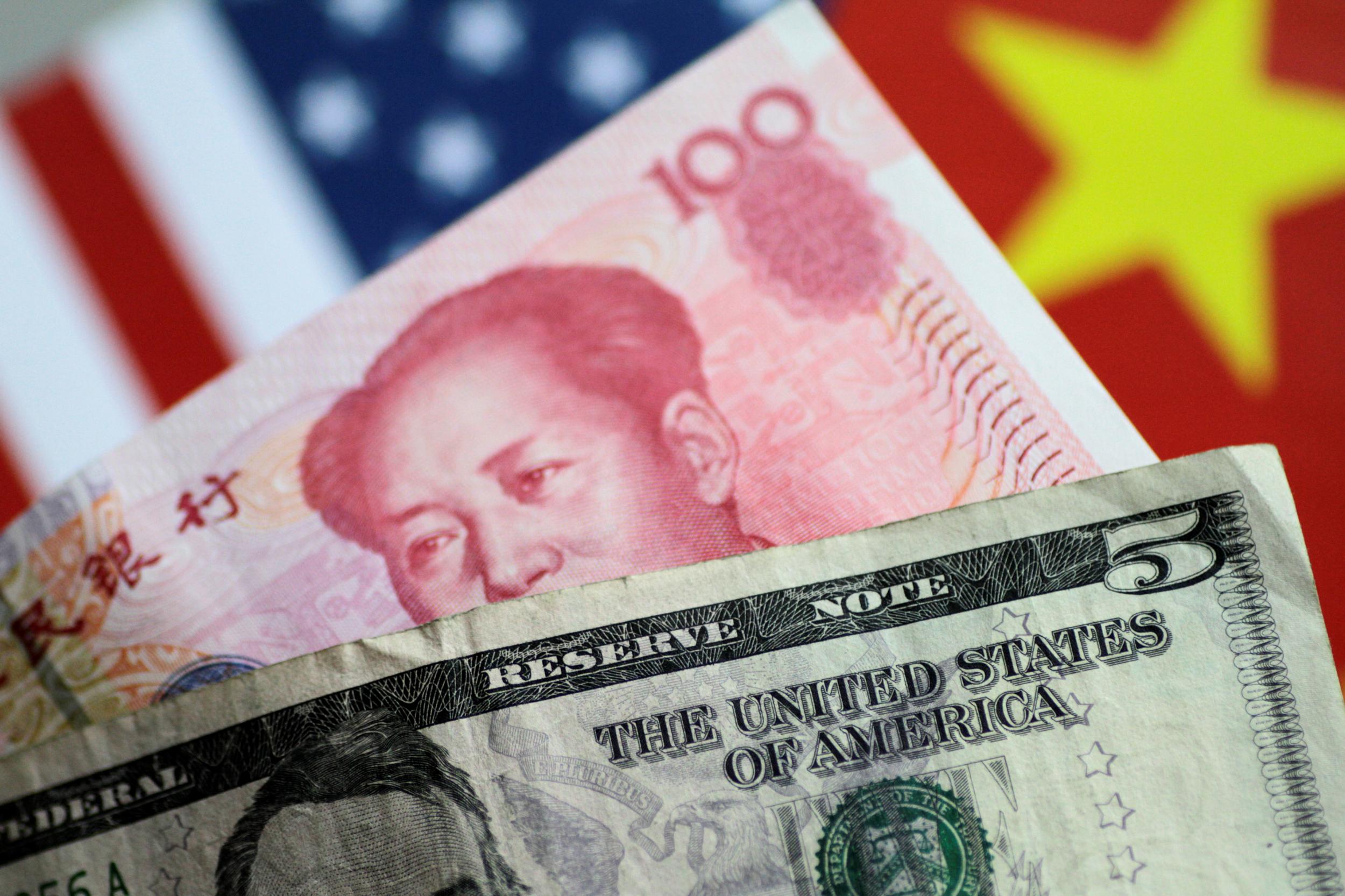The retreat of the dollar: Will it raise the risk of money laundering, corruption and terror?
For global transparency and financial integrity, the US must ensure that the dollar remains dominant

China announced this week that it intends to introduce a new way to price and trade oil: by pricing international oil contracts in Chinese yuan rather than in US dollars, which has been the benchmark currency for energy and the global reserve currency since the end of World War II.
The petro-yuan will not dominate energy markets any time soon; nor will the yuan quickly become the currency used for most international transactions, but if history has taught us anything in terms of China’s trade and economic policies, it is that China plays the long game with both patience and skill.
So this move by China to use its newfound economic clout is almost certain -- over time-- to have profound consequences, not only for global economics and long-term American prosperity, but also, perhaps less obviously, for the global legal and regulatory order.
The dominance of the dollar has facilitated American global hegemony and kept financial markets liquid and interest rates low. It is estimated to contribute around half a per cent to global GDP every year. But a largely unacknowledged effect is the impact on global transparency and financial integrity.
Today the dollar remains the dominant international currency serving as a vehicle for clearing international payments between banks because of its perceived stability and strength. Nearly all of these transfers—trillions of dollars per day—clear through banks in New York. This has allowed the US to set the rules for transparency and integrity in the global financial system. It has allowed the US to advance its foreign policy interests by dictating who – both individuals and countries – can and cannot conduct international financial transactions. It has permitted US authorities to extend their criminal jurisdiction to investigate and prosecute everything from anti-trust violations on the high seas to corruption in the World Cup.
Essentially, every bank in the world that does international business must comply with US legal, criminal and regulatory requirements, or face huge financial exposure or exclusion from the US dollar financial system.
“Know Your Customer” rules designed to prevent money laundering and terror finance were designed by US regulators. And while they technically bind only US banks, every foreign bank seeking a US correspondent relationship must certify that it complies with US KYC and anti-money laundering standards. Thus, US standards have become the global standards. But China, with less emphasis on technical compliance issues, may offer an attractive alternative.
US standards have evolved over the last twenty five years to require that banks doing dollar transfers know and disclose the originator and beneficiary of the transaction. This is essential to assure that money launderers, terrorists, arms dealers or international crime syndicates are not able to move money around the global financial system or turn dirty money into clean deposits.
Global banks have to check they are not doing business with PEPs—Politically Exposed Persons— who are looting their countries and moving sovereign funds into private accounts. The US regulatory and legal system also enforces a variety of US sanctions programmes, barring US financial institutions from performing transactions involving rogue governments or government officials –including Russia, Syria, North Korea and Iran – and blocking any such transactions. The federal government and the New York District Attorney’s office brought a series of “stripping cases,” where banks were prosecuted for ignoring these rules and allowing customers to strip out the origin or destination of transactions to conceal the fact that they were illegal transfers to persons or countries under US sanctions. All of these rules allow the US to operate as the world’s global financial and anti-terror policeman, but they depend on the primacy of the US dollar.
To the extent that the yuan starts to become a global reserve currency and its liquidity and stability increases, the Chinese financial system will set its own rules for transparency and legality. Chinese regulatory compliance in anti-money laundering and terror finance lags behind the US in resources, technology and regulatory infrastructure. Although the establishment of the yuan as a global exchange currency will put some pressure on China to improve its “transparency infrastructure”, at least initially, China is unlikely to apply the same focus to PEPs and global corruption as the US, particularly given Chinese business interests in many authoritarian countries. It is equally unlikely to enforce sanctions that China has not itself imposed.
Business news: In pictures
Show all 13In short, as we look at the beginning of the end of dollar hegemony, we also have to confront that the rise of the yuan as a global currency will not only affect the global economy, it will limit America’s ability to use the primacy of the dollar clearing system as a fulcrum for global integrity and transparency.
To that end, the US must take steps to prevent the movement away from the dollar, by consulting and cooperating with its allies in setting regulations and by setting sanctions and policies that reflect genuine international challenges and not narrow national interests.
Finally, we must take the long view and convince rising financial powers like China that there is a global interest in a uniform and aggressive response to money laundering, terrorism and its state sponsors, and corruption.
Eric Lewis is a director of Independent Digital News and Media, which publishes The Independent
Subscribe to Independent Premium to bookmark this article
Want to bookmark your favourite articles and stories to read or reference later? Start your Independent Premium subscription today.

Join our commenting forum
Join thought-provoking conversations, follow other Independent readers and see their replies